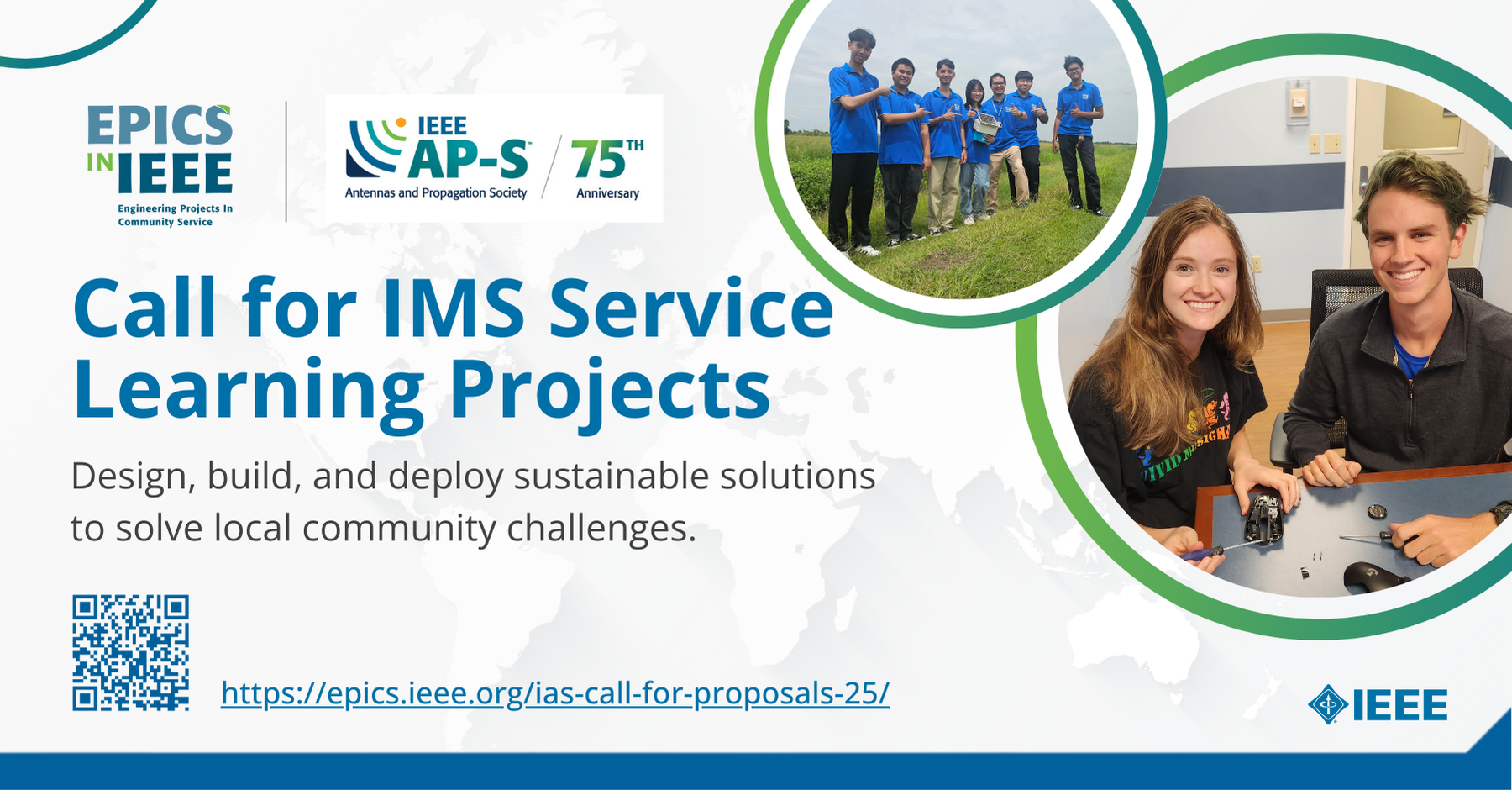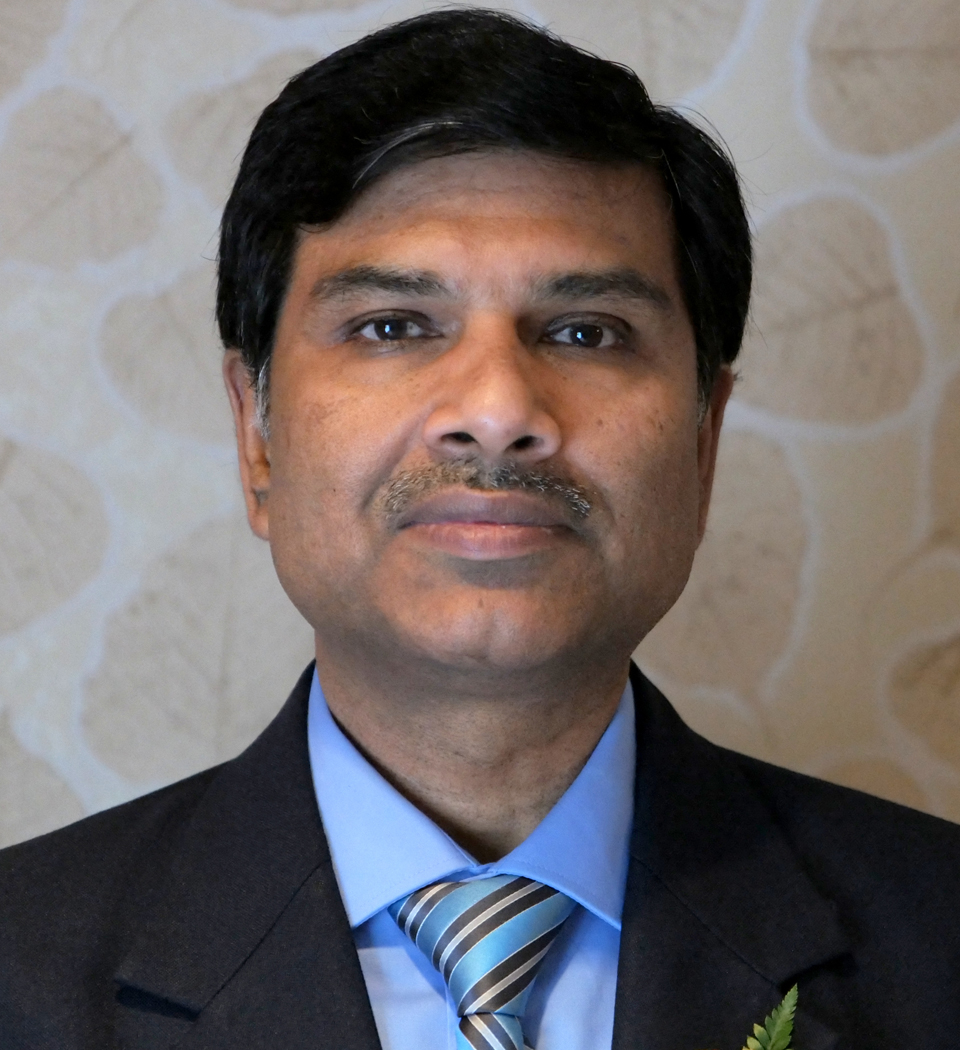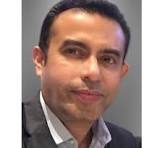AP-S COPE Project: 2025 EPICS in IEEE Project Proposals and Evaluation Meeeting
#Antenna
#Wireless
#LIDAR
#Co2
#CH4
#RADAR
#Sensors
#Global
#Warming
#Climatic
#Changes

-
- SkyPulse: Harnessing IoT and Satellite Data for Hyperlocal Urban Environmental Resilience
- Microwave Shields: Smart Defense Against Locust Invasions
- Contactless Health Monitoring System Using Radar Technology
- Harnessing Generative AI for Accurate Dielectric Property Estimation: A Microwave Spectroscopy Comparison
- AI-RF-IoT Driven Sustainable Agriculture
Date and Time
Location
Hosts
Registration
-
 Add Event to Calendar
Add Event to Calendar
Loading virtual attendance info...
-
201 McLean Blvd.Synergy Microwave Corporation
-
Paterson, New Jersey
-
United States
07504

- Starts
20 June 2025 04:00 PM UTC
- Ends
01 July 2025 06:00 PM UTC
- No Admission Charge
Speakers
Prof. Ulrich L Rohde
Topic:
Microwave Shields: Innovative Protection Against Locust Invasions
Microwave Shields: Innovative Protection Against Locust Invasions" explores a novel, non-lethal method to deter and control locust swarms using directed microwave energy. This emerging technology utilizes adaptive antenna arrays and beamforming techniques to create electromagnetic barriers that disrupt the sensory and navigational systems of locusts without harming other organisms or the environment. By precisely targeting the swarm's trajectory, microwave shields offer a rapid-response, eco-friendly solution that complements traditional methods, especially in agricultural and ecologically sensitive regions. The study highlights experimental validations, safety considerations, and potential scalability of this approach, marking a significant advancement in sustainable pest control technologies.
Biography:
 Prof. Dr. Ing. habil. Ulrich L. Rohde is a partner at Rohde & Schwarz in Munich, Germany, and serves as the Chairman of Synergy Microwave Corp. in Paterson, New Jersey. He is also the President of Communications Consulting Corporation and holds the position of honorary member of the Senate at both the University of the Armed Forces Munich and the Brandenburg University of Technology Cottbus–Senftenberg in Germany. Additionally, he is a former member of the Board of Directors of Ansoft Corporation in Pittsburgh, Pennsylvania. Dr. Rohde is a Professor of Radio-Microwave Frequency Theory and Techniques at various universities worldwide. His positions include Honorary Professor at IIT Delhi, Honorary Chair Professor at IIT Jammu, a Professor at the University of Oradea for Microwave Technology, an Honorary Professor at the BTU Cottbus-Senftenberg University of Technology, and a professor at the German Armed Forces University Munich in Technical Informatics. He has published over 350 scientific papers, co-authored more than a dozen books, and holds numerous patents. Dr. Rohde has received several prestigious awards, including the 2019 IETE Fellow Award, the 2019 IEEE CAS Industrial Pioneer Award, the 2017 RCA Lifetime Achievement Award, the 2017 IEEE-Cady Award, the 2017 IEEE AP-S Distinguished Achievement Award, the 2016 IEEE MTT-S Applications Award, the 2015 IEEE-Rabi Award, the 2015 IEEE Region-1 Award, and the 2014 IEEE-Sawyer Award.
Prof. Dr. Ing. habil. Ulrich L. Rohde is a partner at Rohde & Schwarz in Munich, Germany, and serves as the Chairman of Synergy Microwave Corp. in Paterson, New Jersey. He is also the President of Communications Consulting Corporation and holds the position of honorary member of the Senate at both the University of the Armed Forces Munich and the Brandenburg University of Technology Cottbus–Senftenberg in Germany. Additionally, he is a former member of the Board of Directors of Ansoft Corporation in Pittsburgh, Pennsylvania. Dr. Rohde is a Professor of Radio-Microwave Frequency Theory and Techniques at various universities worldwide. His positions include Honorary Professor at IIT Delhi, Honorary Chair Professor at IIT Jammu, a Professor at the University of Oradea for Microwave Technology, an Honorary Professor at the BTU Cottbus-Senftenberg University of Technology, and a professor at the German Armed Forces University Munich in Technical Informatics. He has published over 350 scientific papers, co-authored more than a dozen books, and holds numerous patents. Dr. Rohde has received several prestigious awards, including the 2019 IETE Fellow Award, the 2019 IEEE CAS Industrial Pioneer Award, the 2017 RCA Lifetime Achievement Award, the 2017 IEEE-Cady Award, the 2017 IEEE AP-S Distinguished Achievement Award, the 2016 IEEE MTT-S Applications Award, the 2015 IEEE-Rabi Award, the 2015 IEEE Region-1 Award, and the 2014 IEEE-Sawyer Award.
In 2021, Dr. Rohde was honored with the Cross of Merit of the Federal Republic of Germany. The Order of Merit is the highest tribute that Germany can bestow upon individuals for their service to the nation.
Email:
Address:New Jersey, United States
Dr. Ing. Habil Ajay K. Poddar of Synergy Microwave Corp.
Topic:
SkyPulse: Leveraging IoT and Satellite Data for Enhanced Hyperlocal Urban Environmental Resilience
SkyPulse: Leveraging IoT and Satellite Data for Enhanced Hyperlocal Urban Environmental Resilience presents an integrated framework that combines Internet of Things (IoT) sensor networks with high-resolution satellite imagery to monitor, predict, and respond to urban environmental challenges at a hyperlocal scale. By fusing ground-level data—such as air quality, temperature, humidity, and noise—with real-time satellite observations, SkyPulse enables dynamic environmental mapping and early-warning systems tailored to specific neighborhoods or city blocks. The system harnesses machine learning algorithms for anomaly detection, trend forecasting, and decision support, empowering urban planners and emergency responders to implement targeted interventions. This innovative approach enhances urban resilience by promoting data-driven policy-making, climate adaptation, and sustainable urban development.
Biography:
 Ajay K. Poddar is an IEEE Fellow and member of IEEE Eta-Kappa-Nu, working as a Chief Scientist at Synergy Microwave, NJ, USA, responsible for the design and development of signal generation and signal processing electronics, RF-MEMS, and Metamaterial-Sensors/Electronics for industrial, medical, and space applications. He is also serving as a visiting professor at the University of Oradea, Romania, and the Indian Institute of Technology Jammu, India, as well as a guest lecturer at the Technical University of Munich, Germany. Previously (1991-2001), he served as a Senior Scientist and Program Manager at the DRDO (Defense Research and Development Organization), Ministry of Defense, India, and as a visiting Professor at the University of Pune, India. Dr. Poddar graduated from IIT-Delhi, India, and holds a Doctorate (Dr.-Ing.) from the Technical University Berlin, Germany, as well as a Postdoctoral Degree (Dr.-Ing. habil.) from Brandenburg Technical University Cottbus, Germany. He has received over a dozen awards, to name a few 2015 IEEE IFCS Cady Award in recognition of his outstanding scientific contributions to a host of frequency-generating and frequency-controlled electronics and timing devices for industrial, medical, and space applications, and the recipient of the 2023 RCA Armstrong Medal for outstanding contributions to radio and wireless communications, 2018 IEEE MGA Innovation Award for his dedicated volunteering service to members, chapters and humanitarian projects, recipient 2015 IEEE R1 Award for “Outstanding Scientific Contributions, Leadership and Service, recipient 2009 IEEE R1 Award for “Outstanding Leadership and Contributions in the Research, Design and Development of Microwave Systems, and selected in the list of Divine Innovator “Divine Innovation: 10 Technologies Changing the Future of Passive and Control Components” (Photo shows on Cover page, Microwave Journal, November 2011). Dr. Poddar published 350-plus scientific papers in journals, magazines, and conference proceedings, co-authored five technical books/chapters, and 40-plus patents for scientific and technological innovations. For the past 30 years, he has supervised numerous Ph.D. students worldwide, served as an editor of several technical journals, and currently serves on several scientific committees, professional societies, and voluntary organizations. As the Chair of the Global IEEE Chapter Activity Committee, Dr. Poddar has established over 200 chapters worldwide in the last 20 years, connecting outreach regions to benefit members and local communities. Dr. Poddar has been actively involved with IEEE SIGHT/HAC, IEEE sister societies, and IEEE MGA activities, including charitable services aimed at addressing inequality, particularly in underserved communities.
Ajay K. Poddar is an IEEE Fellow and member of IEEE Eta-Kappa-Nu, working as a Chief Scientist at Synergy Microwave, NJ, USA, responsible for the design and development of signal generation and signal processing electronics, RF-MEMS, and Metamaterial-Sensors/Electronics for industrial, medical, and space applications. He is also serving as a visiting professor at the University of Oradea, Romania, and the Indian Institute of Technology Jammu, India, as well as a guest lecturer at the Technical University of Munich, Germany. Previously (1991-2001), he served as a Senior Scientist and Program Manager at the DRDO (Defense Research and Development Organization), Ministry of Defense, India, and as a visiting Professor at the University of Pune, India. Dr. Poddar graduated from IIT-Delhi, India, and holds a Doctorate (Dr.-Ing.) from the Technical University Berlin, Germany, as well as a Postdoctoral Degree (Dr.-Ing. habil.) from Brandenburg Technical University Cottbus, Germany. He has received over a dozen awards, to name a few 2015 IEEE IFCS Cady Award in recognition of his outstanding scientific contributions to a host of frequency-generating and frequency-controlled electronics and timing devices for industrial, medical, and space applications, and the recipient of the 2023 RCA Armstrong Medal for outstanding contributions to radio and wireless communications, 2018 IEEE MGA Innovation Award for his dedicated volunteering service to members, chapters and humanitarian projects, recipient 2015 IEEE R1 Award for “Outstanding Scientific Contributions, Leadership and Service, recipient 2009 IEEE R1 Award for “Outstanding Leadership and Contributions in the Research, Design and Development of Microwave Systems, and selected in the list of Divine Innovator “Divine Innovation: 10 Technologies Changing the Future of Passive and Control Components” (Photo shows on Cover page, Microwave Journal, November 2011). Dr. Poddar published 350-plus scientific papers in journals, magazines, and conference proceedings, co-authored five technical books/chapters, and 40-plus patents for scientific and technological innovations. For the past 30 years, he has supervised numerous Ph.D. students worldwide, served as an editor of several technical journals, and currently serves on several scientific committees, professional societies, and voluntary organizations. As the Chair of the Global IEEE Chapter Activity Committee, Dr. Poddar has established over 200 chapters worldwide in the last 20 years, connecting outreach regions to benefit members and local communities. Dr. Poddar has been actively involved with IEEE SIGHT/HAC, IEEE sister societies, and IEEE MGA activities, including charitable services aimed at addressing inequality, particularly in underserved communities.
Address:New Jersey, United States
Dr. Jawad Siddiqui of Royal Military College of Canada, Queens University
Topic:
Contactless Health Monitoring System Powered by Radar Technology
Contactless Health Monitoring System Powered by Radar Technology introduces a cutting-edge, non-invasive approach to continuously track vital signs such as heart rate, respiration, and movement using advanced radar sensing. Utilizing millimeter-wave or ultra-wideband radar, this system detects minute physiological changes through clothing and bedding without requiring physical contact, making it ideal for elderly care, sleep monitoring, and managing infectious diseases. The technology leverages Doppler and phase-shift analysis to achieve high accuracy in real-time, while integration with AI-driven analytics enables the early detection of anomalies and health deterioration. Compact, privacy-preserving, and scalable, this radar-based solution represents a transformative step toward ubiquitous, remote health monitoring in both clinical and home settings.
Biography:
 Jawad Y. Siddiqui is an Associate Professor at the Institute of Radio Physics and Electronics, University of Calcutta, India. He received his Doctor of Philosophy degree in Radio Physics and Electronics from the University of Calcutta in 2005. He worked as a Post Doctoral Fellow at the Royal Military College of Canada and as a Visiting Researcher at Queen’s University, Canada, from 2008 to 2021. He has more than 150 publications in peer-reviewed journals and conferences. His research areas include printed circuits and antennas, radar, and nano-photonics. He is a Co-Principal Investigator on the Stratosphere Troposphere (ST) Radar Project at the University of Calcutta. He is a Senior Member of the IEEE and was Chair for the AP-S and MTT-S Jt. Chapter in IEEE Kolkata Section and SIGHT Chapter, IEEE Kolkata Section. He is the R10 Coordinator (CAC) of the IEEE Antennas and Propagation Society. He is currently the IEEE AP-S SIGHT Chair and a Member of the IEEE Humanitarian Activities Committee. He is also a Member of the MTT-S Meetings and Symposia Committee. He is the recipient of the 2022 IETE S.N. Mitra Award.
Jawad Y. Siddiqui is an Associate Professor at the Institute of Radio Physics and Electronics, University of Calcutta, India. He received his Doctor of Philosophy degree in Radio Physics and Electronics from the University of Calcutta in 2005. He worked as a Post Doctoral Fellow at the Royal Military College of Canada and as a Visiting Researcher at Queen’s University, Canada, from 2008 to 2021. He has more than 150 publications in peer-reviewed journals and conferences. His research areas include printed circuits and antennas, radar, and nano-photonics. He is a Co-Principal Investigator on the Stratosphere Troposphere (ST) Radar Project at the University of Calcutta. He is a Senior Member of the IEEE and was Chair for the AP-S and MTT-S Jt. Chapter in IEEE Kolkata Section and SIGHT Chapter, IEEE Kolkata Section. He is the R10 Coordinator (CAC) of the IEEE Antennas and Propagation Society. He is currently the IEEE AP-S SIGHT Chair and a Member of the IEEE Humanitarian Activities Committee. He is also a Member of the MTT-S Meetings and Symposia Committee. He is the recipient of the 2022 IETE S.N. Mitra Award.
Email:
Address:Royal Military College of Canada, Queens University, , United States
Agenda
 Add Event to Calendar
Add Event to Calendar





